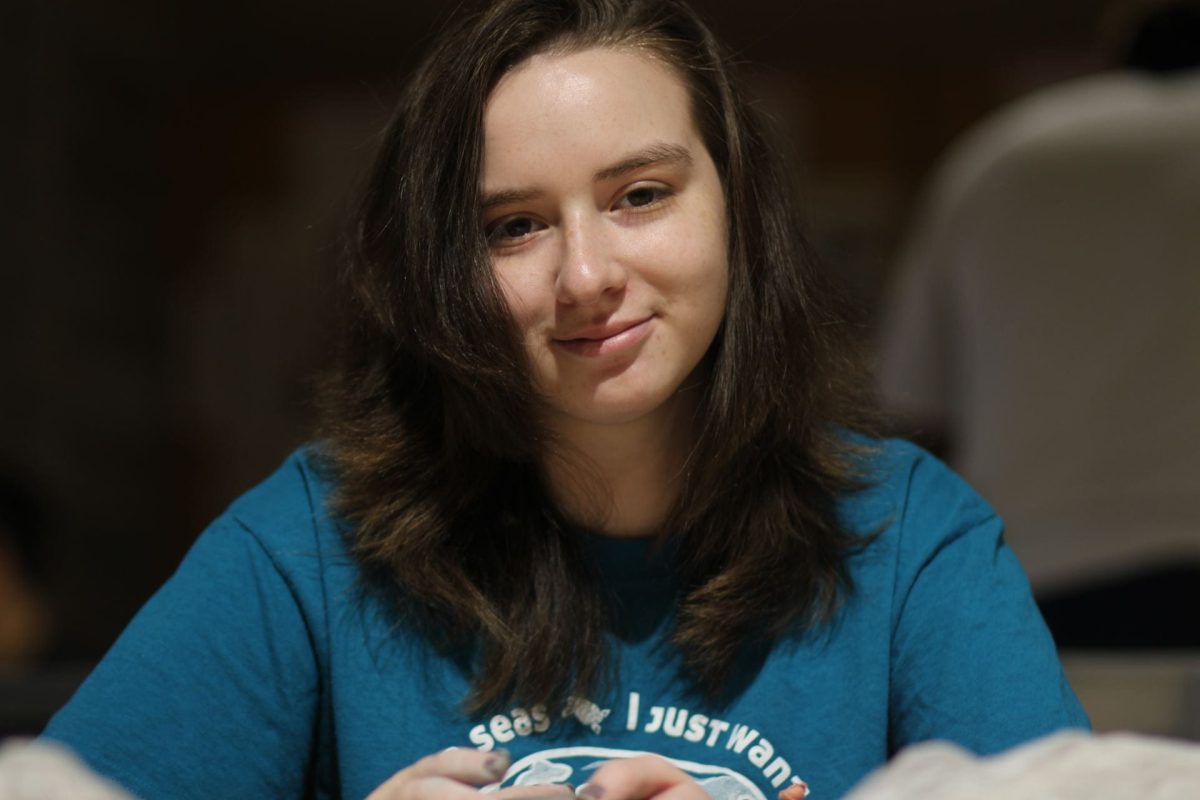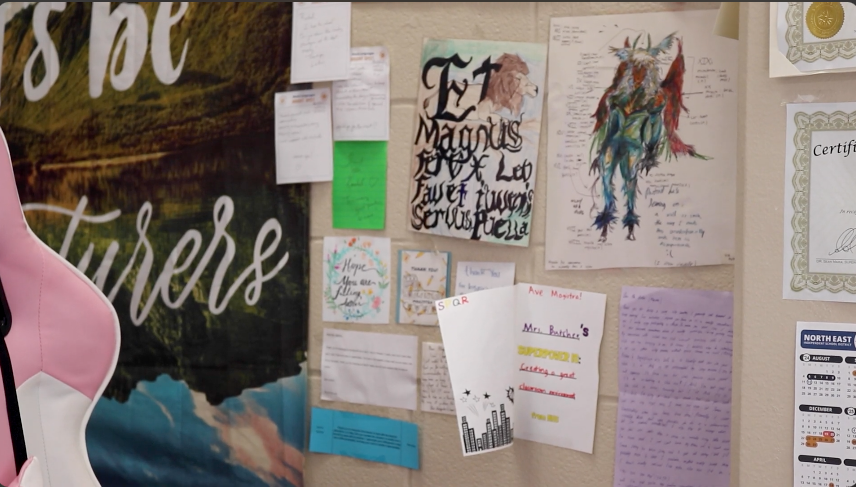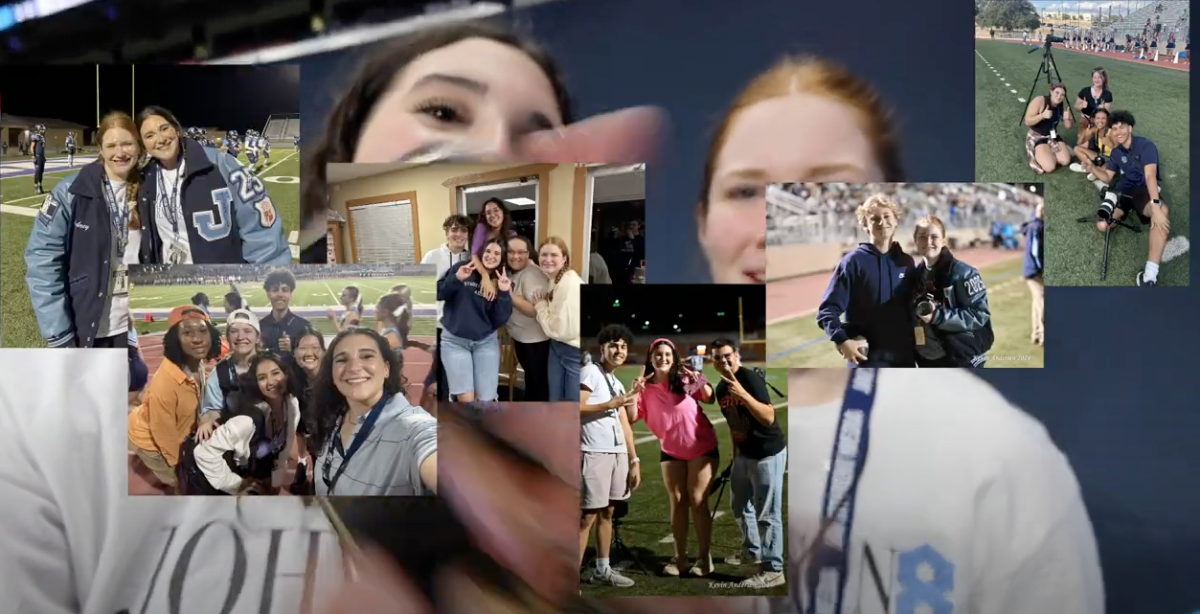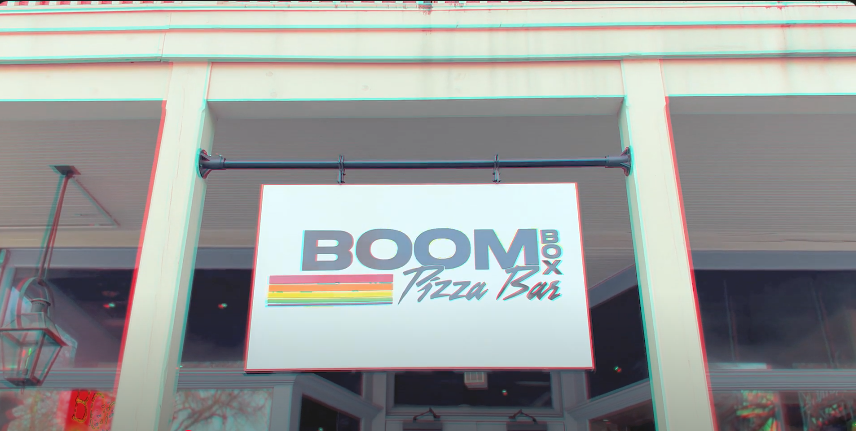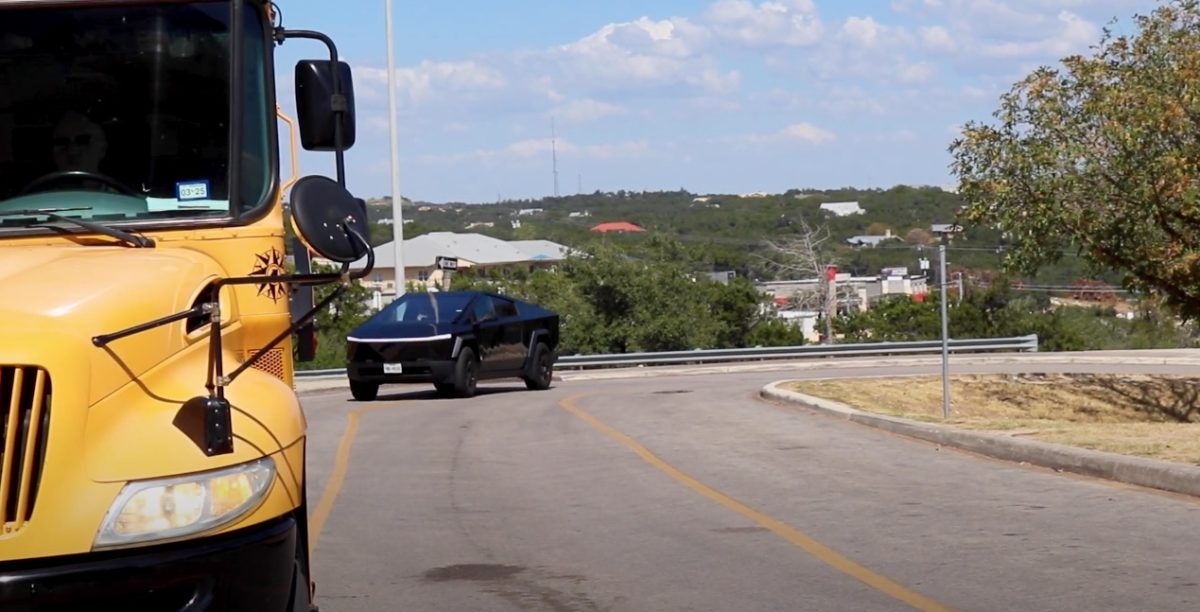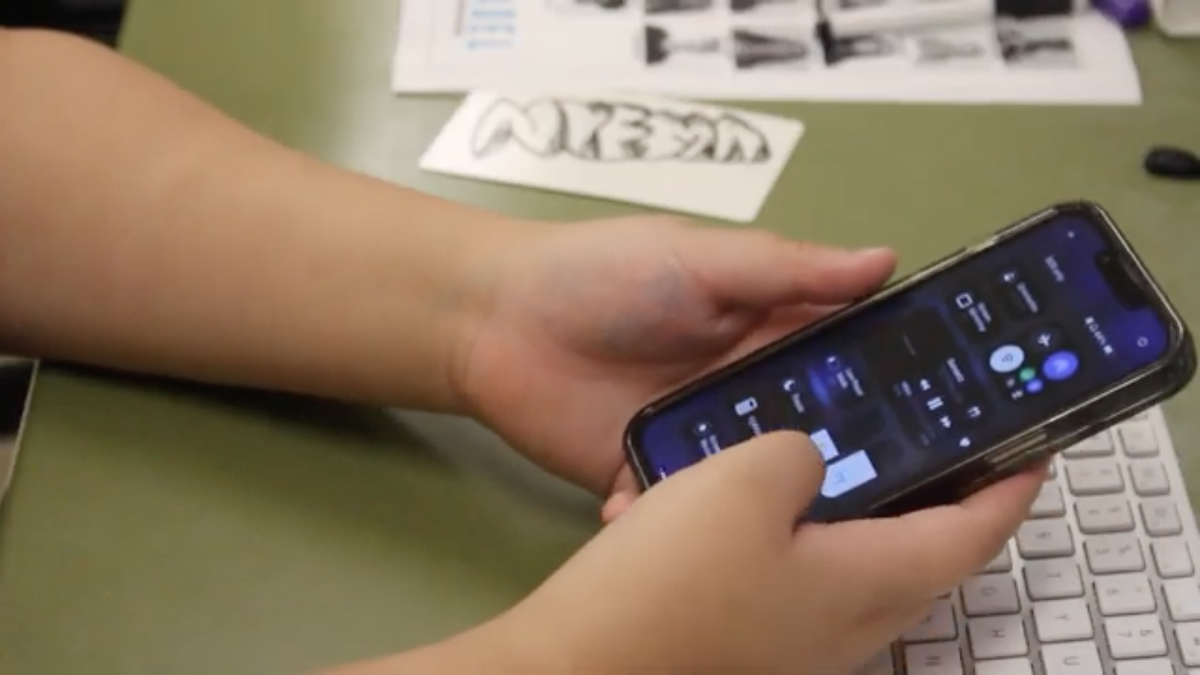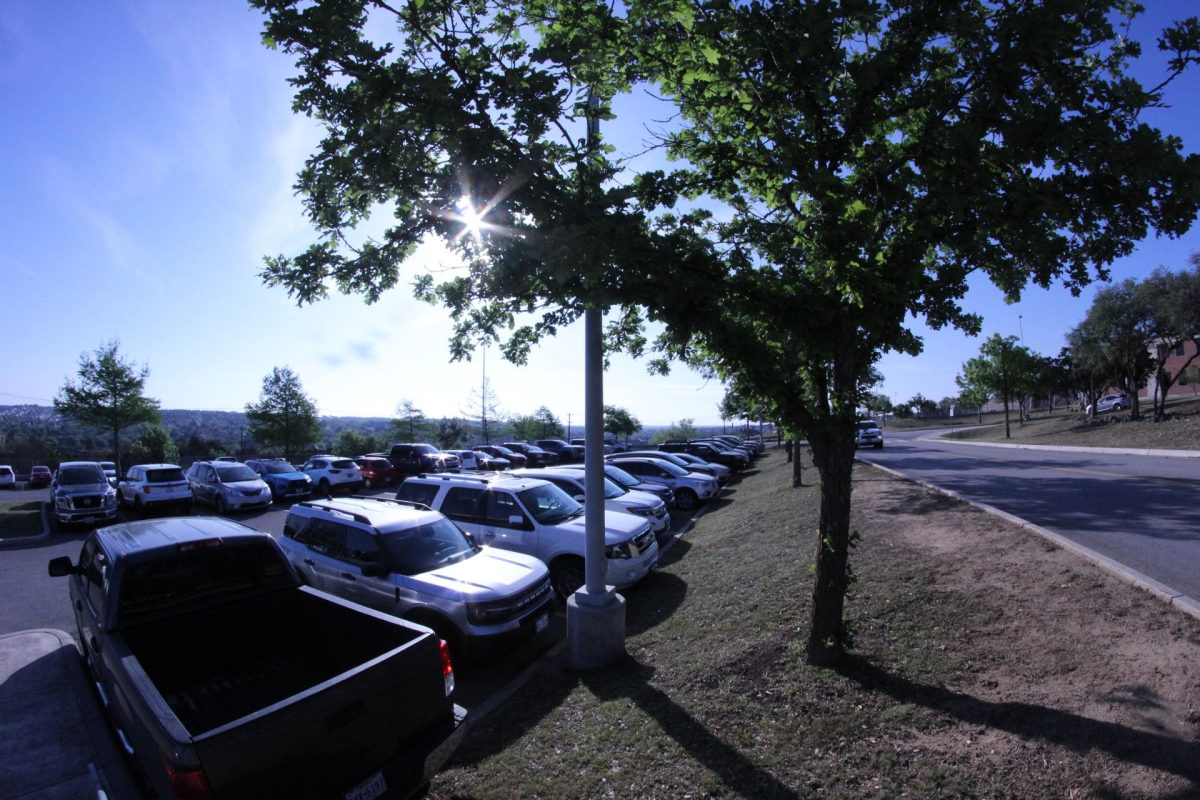Emma Fischer| feature editor
She stepped back into the school the beginning of her junior year, a clear backpack on her shoulders, breathing for a moment. Peyton Gill had only returned from being homebound at the beginning of her junior year, after going through chemotherapy for half of her freshman year and her whole sophomore year.
“I was diagnosed in February, my freshman year. I was obviously immediately homebound until the beginning of my junior year. It was a full year and a half,” Gill said.
Now a senior, and an ovarian cancer survivor, Gill reflects on her present decisions.
“Mentally, yes, I am more organized but physically, no. I have everything in order, thinking like, I need to do this, now I need to do this, depending on how important it is to me and to my future. Physically, my notes are not as organized,” Gill said.
Everyday things that people don’t often take into account are on Gill’s mind.
“I feel like I’m more–not cautious–but you know how I wasn’t really allowed to touch door handles or elevator buttons because of the germs? I’m more aware of things like, ‘oh, this could be really dirty. I shouldn’t touch it, this could be bad.’ I’m more appreciative of the world and things in my life,” Gill said. “I’m not concerned because it won’t affect me as much because my immune system works well again but I’m more like, ‘oh, I shouldn’t do this because it’s not the safest thing to be doing.’ I play it on the safe side.”
When she was going through chemotherapy, Gill had certain restrictions that she hadn’t realized were vital to her health. She never expected for the restrictions to turn into habits.
“When I was diagnosed, I was restricted from eating certain things because they can be bad for you. I wish I had more of an awareness for that. Now, I have a lot more of a healthier lifestyle. I eat more healthy because I’ve learned things that are not necessarily good for you. I knew about junk food, of course, and that there are better things in moderation but now I know how those things can actually affect your body and your health,” Gill said.
Even after being diagnosed with grade three, stage three ovarian cancer and a twelve-pound tumor as big as a basketball, Gill didn’t let negativity get to her.
“Some people stay on the bad things, like a more pessimistic side or view. For me, if I start thinking of the bad things, I just kind of put it aside. I know that there is no point in thinking about it if it’s going to make me sad. Why choose to be sad when I can be happy?” Gill said.
Gill met so many kids that were going through the same treatments as her. They inspired her.
“I feel like everything happens for a reason, that everything has a sort of blessing hidden, even if the truth isn’t so clear in the beginning. It’s given me the chance to meet so many new, wonderful people. I go to a pediatrician, so I’ve gotten to meet a lot of kids that are going through the same things I am, or even worse things. It’s getting to know them,” Gill said. “They are so inspirational to meet kids that are going through the same thing, and they still live their life. They’re sick, but they are still having the time of their life. Chemo doesn’t stop them from living.”
Gill had no family history of ovarian cancer. The diagnosis was a shock for her whole family.
“I think what people need to be more aware of is that it can happen to anyone. You might think, ‘oh, that’s not going to happen to me,’ but I think everyone has a connection to cancer. Even if you don’t have a family history, or don’t have it now, you can get it in the future or your parents might get it, or your kids might have it, teachers. It can happen to anybody, and it happens a lot more often than people actually think. It’s good to be proactive and be prepared for anything,” Gill said.
Being prepared for anything was exactly what Gill’s supporters did.
“My mom dropped everything and took me to all of my appointments, sit through chemo with me and help me with basically everything that I needed help with and more. My dad is seriously the best,” Gill said. “My brother was really supportive, but it was hard for him to have to watch me go through that so they were like my supporters. Of course, there were so many more people supporting me, praying for me, hoping for me. They were people that I didn’t even know or had never even heard of. My immediate family helped me through on a day-to-day basis. They were my main support group.”
Gill missed the school experience while she went through chemotherapy.
“I missed getting to know my teachers. I’m a bit of a teacher’s pet and I like to get to know my teachers. If I like questions, I like to dig at them for answers, asking, hey, can you explain this to me. I didn’t really get to create that experience,” Gill said. “I did a little bit through my homebound teacher, Mrs. Blom, who is the best, but I didn’t really get to create those relationships with them, which was sad. I’m a bit antisocial, and I don’t like to talk to people outside of school unless I have to or unless they are my close friends. I miss the social aspect of getting to know people or seeing people I am acquainted with every single day.”
Because of her first-hand experience with ovarian cancer and chemotherapy, Gill has found happiness through little things. She has tried to do things that will benefit her future. She never knows if she will have to drop everything again.
“I feel like I’m more grateful to be who I am and be allowed to experience the world, like going outside and not having to be restricted to my house or not being able to see my friends on a
day to day basis. Also, I feel like I work harder to get the things that I want because I’m less focused on let’s say, having fun. I have my priorities in order. I’ve seen how life can be. I know how crazy life can be for my future,” Gill said.
To this day, Gill pushes for more ovarian cancer awareness and appreciation for a ‘normal life.’
“You should be thankful for what you have because every single moment counts. At any moment, you could lose it. You should always try to be as respectful and positive as you can be. You might not have them one day. Live a healthy life. Have a healthy mental mindset. Try to be positive. Don’t let everything let you down. Just be happy. It’s important to notice and appreciate everything that makes you happy in life,” Gill said.


